
How Magnesium Keeps Your Heart Rhythm Healthy
You probably already know that calcium is essential for strong bones and that potassium is critical for muscle function. But did you know there’s another mineral just as vital for your health that often gets overlooked? That mineral is magnesium.
Magnesium is not only one of the body’s essential electrolytes but also a nutrient that plays a central role in heart health. In fact, this mineral is required for hundreds of biochemical reactions throughout the body. From keeping bones resilient to regulating nerve activity, supporting muscle contraction, balancing blood sugar, and maintaining steady blood pressure, magnesium is indispensable for overall health and especially for the proper function of the heart.
Why Magnesium Matters for Your Heart
Magnesium is necessary for producing energy at the cellular level, breaking down glucose, and even synthesizing genetic material such as DNA and RNA. As Christopher DeSimone, MD, cardiac electrophysiologist and professor of cardiovascular medicine at Mayo Clinic, explains, “You really cannot have too much magnesium,” because in healthy individuals, the body naturally eliminates excess amounts through the kidneys.
This mineral also helps regulate electrical signals within the body — which is crucial because the heart itself is essentially an electrical organ. “Magnesium is a key electrolyte in the body and is necessary for proper homeostasis, especially in cells that are electrically excitable, like those in the heart,” says Dr. DeSimone. Without enough magnesium, the delicate balance between sodium, potassium, and calcium inside the heart cells can falter, increasing the risk of irregular rhythms.
How Much Magnesium Do You Need?
According to the National Institutes of Health (NIH), the adult human body contains about 25 grams of magnesium. Roughly 50–60% of that is stored in the bones, while the remainder is found in soft tissues and cells.
The recommended dietary allowance (RDA) for adults varies slightly by sex and age:
-
Men ages 31 and older: 420 milligrams (mg) per day
-
Women ages 31 and older: 320 mg per day
These levels are set to ensure that the body has enough to support energy production, nerve signaling, and cardiovascular stability.
How the Body Controls Magnesium Levels
Your kidneys and intestines are the primary regulators of magnesium balance. Normally, about half of the daily magnesium intake is absorbed through the intestines, while the kidneys manage how much is excreted in urine.
In people with healthy kidney function, true magnesium deficiency is rare because the kidneys can conserve this mineral when needed. However, for those with chronic kidney disease, regulation becomes impaired — which can lead to either dangerously low or excessively high levels.
Magnesium and Heart Rhythm
Because magnesium influences how other electrolytes move into and out of cells, it plays a central role in the heartbeat itself. Electrolytes are required for nerve signals and muscle contractions, including the pumping of the heart.
Research published in Nutrients has shown that low magnesium levels may lead to:
-
Severe muscle cramps
-
Irregular heartbeats (arrhythmias)
-
Atrial fibrillation (AFib), the most common type of heart rhythm disorder
Low magnesium has also been linked to life-threatening disturbances in the lower heart chambers, known as the ventricles. A 2019 review in Cardiology Research and Practice confirmed that magnesium deficiency not only increases the risk of arrhythmias but also raises the likelihood of developing cardiovascular disease over time.
Who Is at Risk for Magnesium Deficiency?
Although deficiency is uncommon in otherwise healthy adults, there are specific groups who face higher risks. These include:
-
Older adults, because absorption naturally decreases with age.
-
People with chronic digestive disorders such as Crohn’s disease or ulcerative colitis, which reduce nutrient absorption.
-
Patients with uncontrolled diabetes or chronic diarrhea, leading to excessive magnesium loss.
-
Individuals with alcohol dependence, malnutrition, or severe burns, which can all deplete magnesium stores.
-
Pregnant women with preeclampsia, where magnesium plays a therapeutic role in controlling complications.
-
Patients on diuretics for high blood pressure or heart failure, since these medications can flush magnesium out of the body too quickly.
Other drugs, such as proton pump inhibitors (PPIs) like Nexium (esomeprazole) or Prevacid (lansoprazole), may also lower magnesium levels with prolonged use. Because older adults often rely on these medications, their risk of deficiency is especially elevated.
Signs and Consequences of Low Magnesium
Left untreated, a serious magnesium deficiency can escalate to severe complications, including cardiac arrest. Warning symptoms to watch for may include:
-
Persistent muscle cramps or spasms
-
Numbness or tingling
-
Weakness or fatigue
-
Irregular or rapid heartbeats
-
Seizures in severe cases
If you experience these symptoms, especially alongside heart rhythm problems, it’s important to consult a healthcare provider promptly.
How to Boost Magnesium Intake Naturally
Fortunately, magnesium is widely available through diet. Some of the richest sources include:
-
Leafy green vegetables (spinach, kale, Swiss chard)
-
Nuts and seeds (almonds, cashews, pumpkin seeds, sunflower seeds)
-
Whole grains (brown rice, quinoa, oats)
-
Legumes (black beans, lentils, chickpeas)
-
Fish (mackerel, salmon, halibut)
-
Dark chocolate (in moderation)
Supplements are also available but should be used under medical supervision, particularly for people with kidney problems or those taking medications that affect electrolyte balance.
✅ Bottom line: Magnesium may not get the same attention as calcium or potassium, but it is absolutely crucial for heart health, energy production, and muscle function. Making sure you get enough magnesium — especially as you age or if you take medications that deplete it — could be one of the simplest and most effective ways to protect your heart.
News in the same category


Taking the Stairs Could Help You Live Longer

Purple Veins on Your Legs: When to Worry

Signs Your Cortisol Is Dangerously High

The Sleep Saboteur: The One Thing You Should Never Do When You Wake Up at Night

Nightly Habits That Could Increase Your Risk of Stroke

World’s deadliest cancer: 8 early warning signs every older adult should know
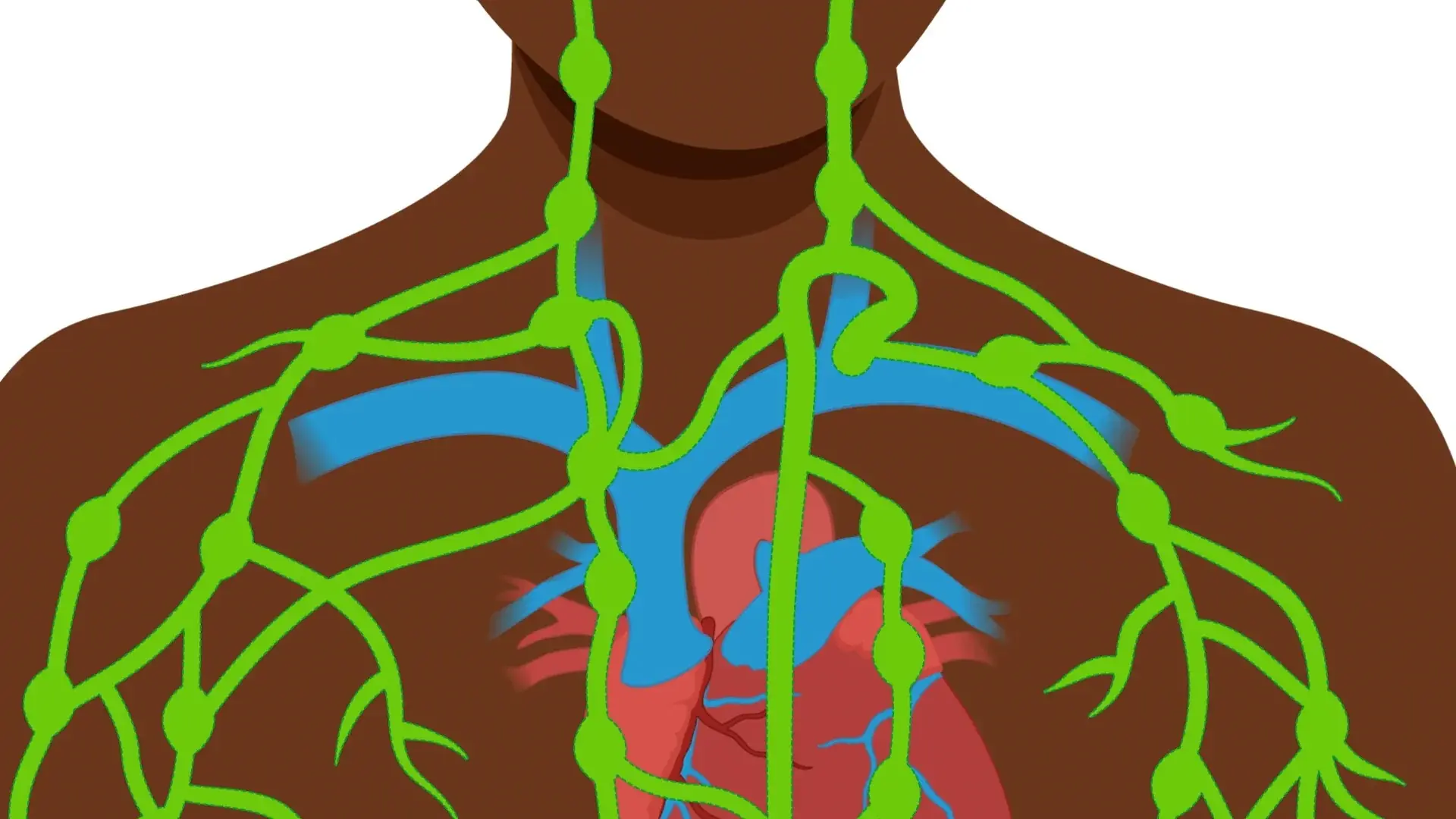
The Fastest Natural Way to Cleanse Your Lymphatic System That No One Talks About

5 Potential Risks of Eating Avocados You Should Know

Top Essential Oils That Instantly Ease Pain and Inflammation

These Are the Early Warning Signs of Diabetes No One Talks About
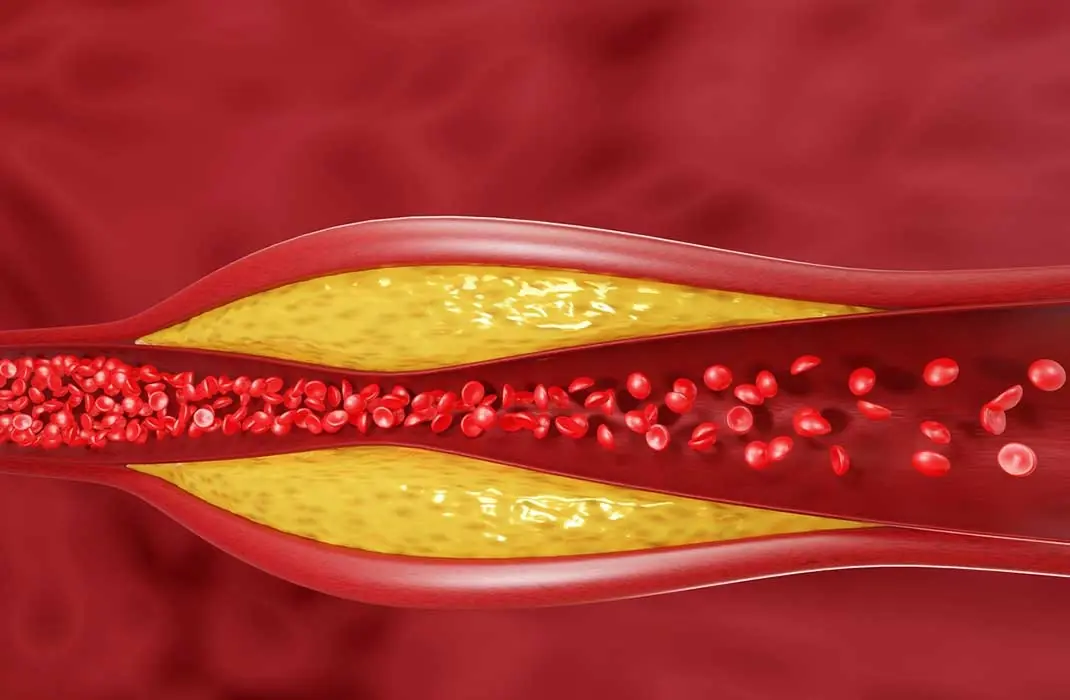
Cholesterol Meds Linked With Heart Attacks, Fast Aging And Brain Damage. Eat These Foods Instead

Food Suddenly Tastes Different? Here’s What Your Body’s Trying to Tell You
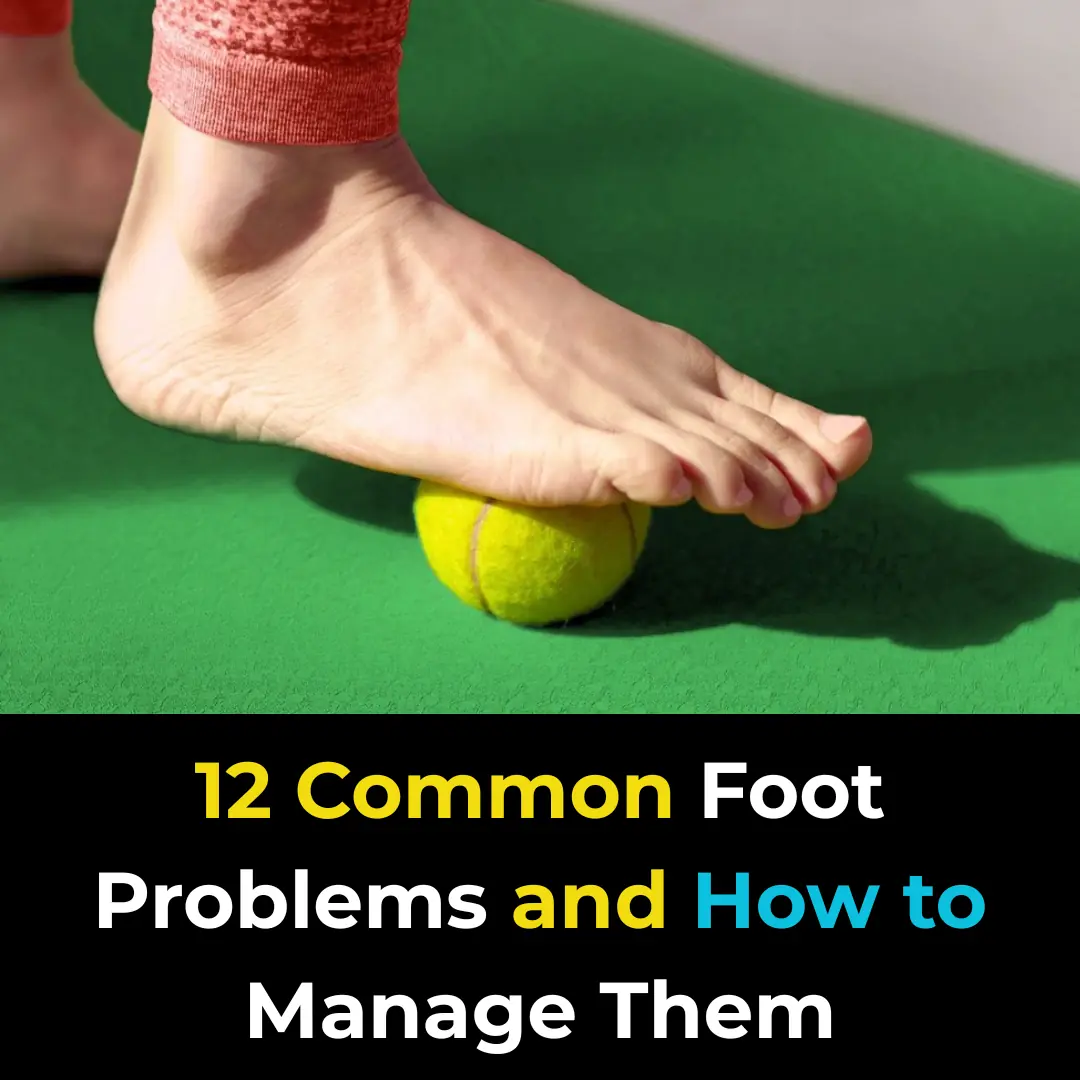
12 Common Foot Problems and How to Manage Them

Is Your Gel Manicure To:xic?

Understanding Eye Floaters: Causes and When to Seek Help

9 Convincing Reasons to Consume More Dates

Early-Stage Cancer May Not Hurt at First, But If You Notice These 8 Signs When Using the Bathroom, See a Doctor Immediately: Don’t Be Negligent
News Post

5 Delicious Eating Habits That Put the Whole Family at Risk of C:ancer – Extremely Dangerous and Should Be Avoided Immediately

Be careful — one single action at the airport could ruin your en:tire life.

Condolences to those who are using these 4 types of electric kettles: Throw them away while you still can, thousands of people have already developed c:ancer.

Why Do I Cough When Taking a Deep Breath?

Taking the Stairs Could Help You Live Longer

Purple Veins on Your Legs: When to Worry
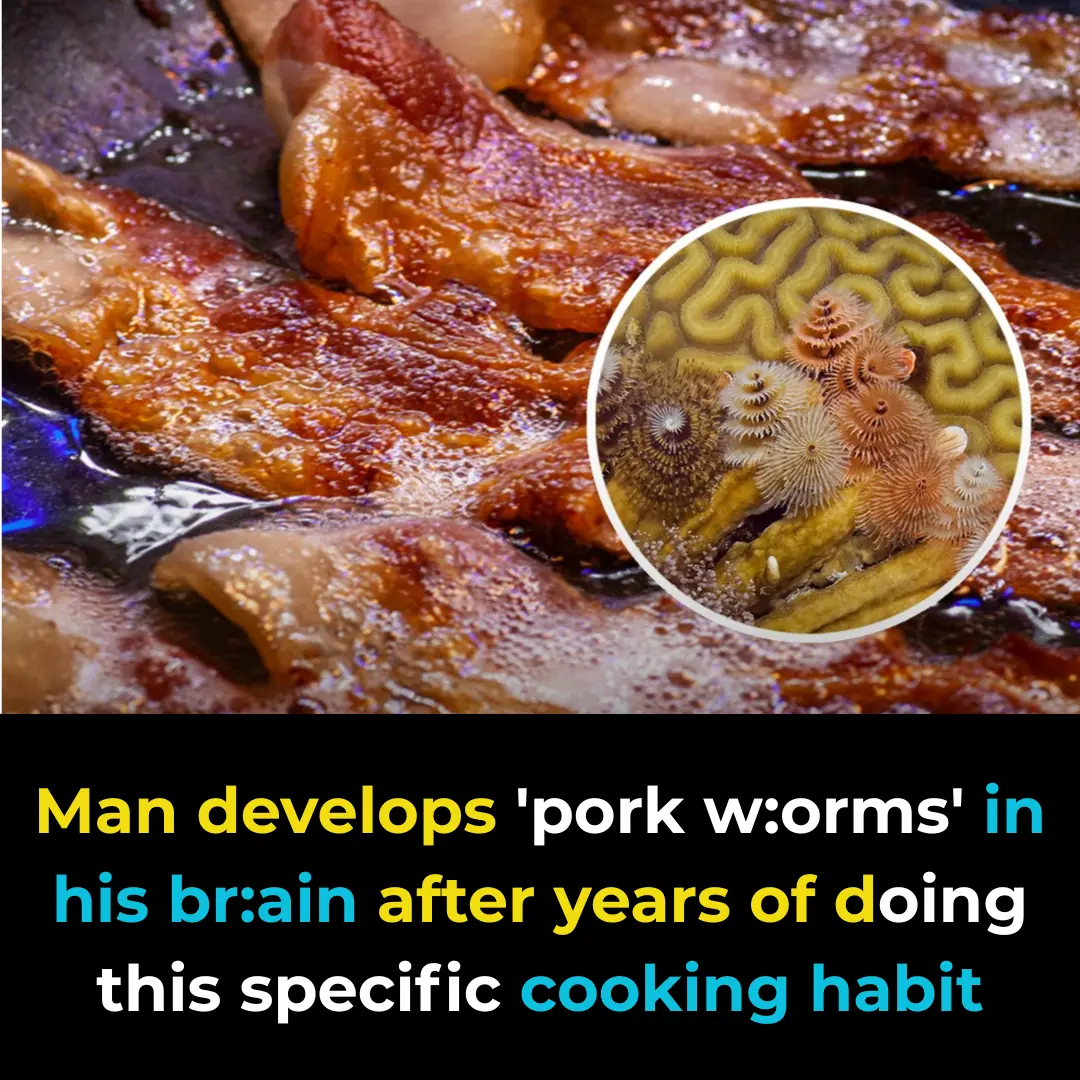
Man develops 'pork worms' in his brain after years of doing this specific cooking habit

Signs Your Cortisol Is Dangerously High

Woman who d::ied for 24 minutes before being brought back to life details exactly how it felt

The Sleep Saboteur: The One Thing You Should Never Do When You Wake Up at Night

Nightly Habits That Could Increase Your Risk of Stroke
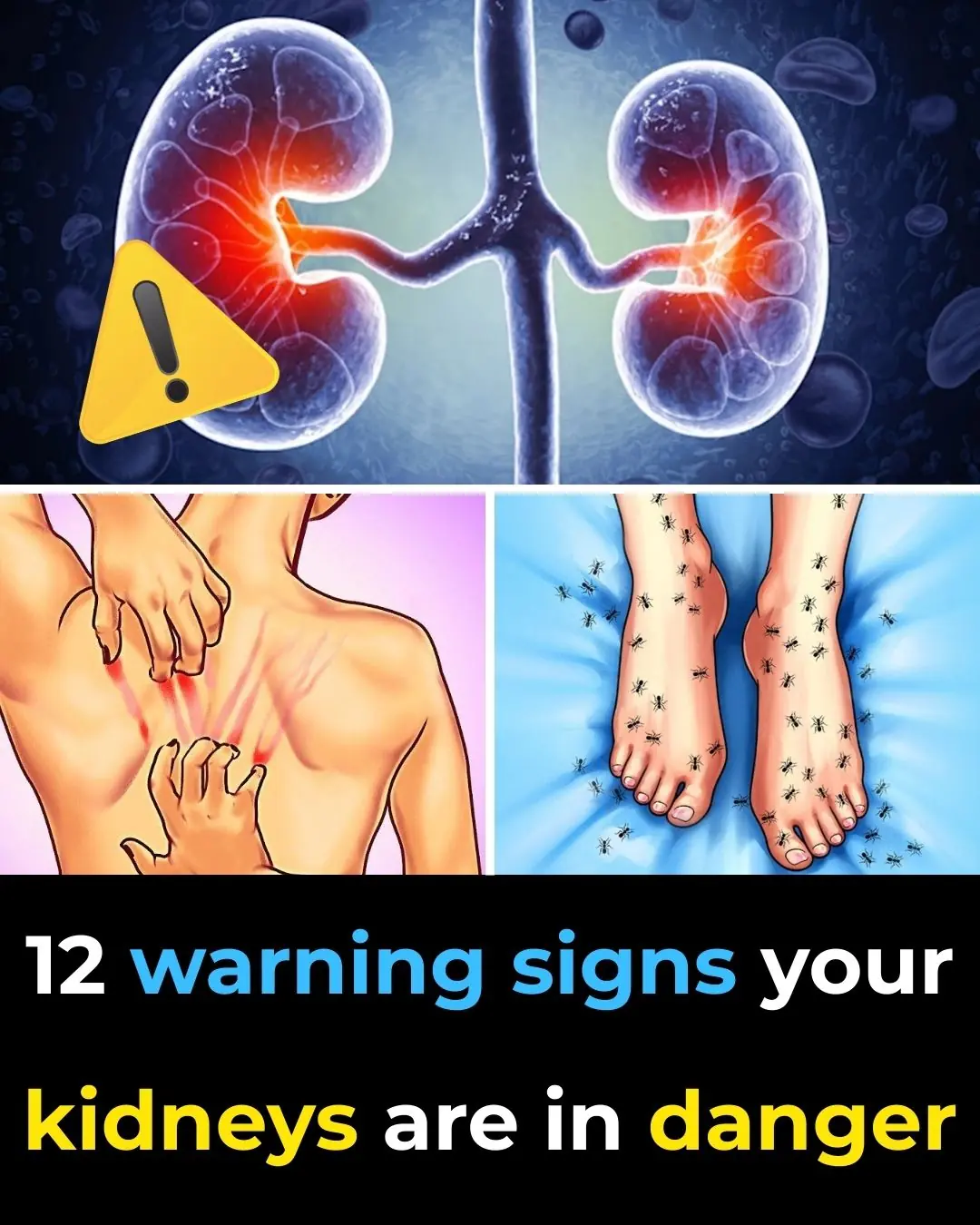
🚨 ALERT! 7 Strange Signs Your Kidneys Are Crying for Help
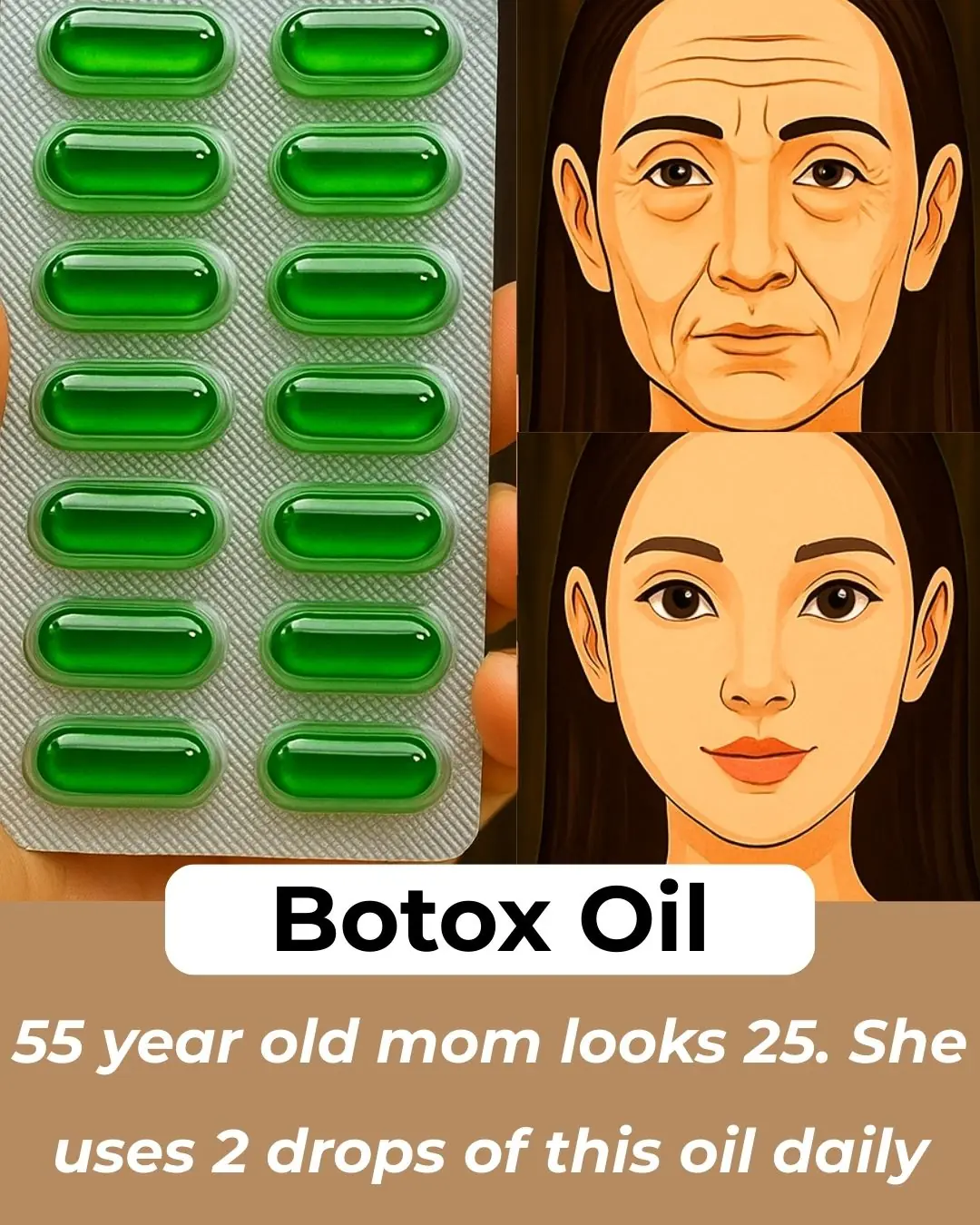
Vitamin E Oil uses for Skin – Glowing Skin, Dark Circles & Wrinkles

DIY Aloevera ice cubes to Remove Dark Spots & Clear Skin | Aloevera Benefits for Skin

Tips for pickling white eggplants that are crispy, do not turn black, and do not form scum when left for a long time

11 Secret Baking Soda Tricks for Women That Will Change Your Life!

Mattresses used for a long time are dirty and smelly, sprinkle this on the surface, no need to wash with water, it will be clean as new

‘Healthy Man’ Diagnosed With Cancer After Noticing Dog’s Bizarre Behavior Around Him
